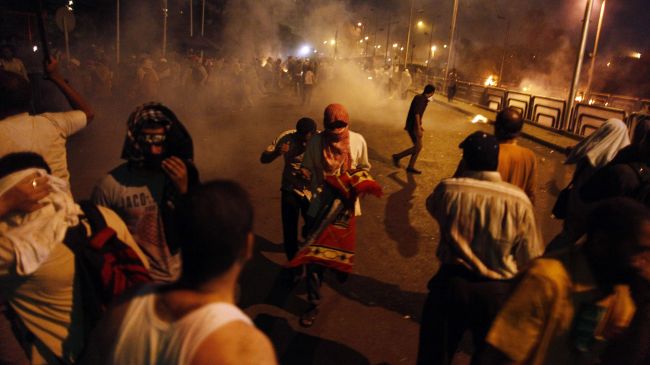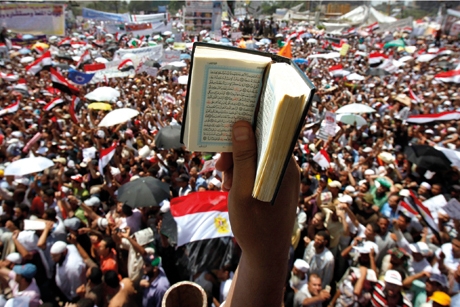I first encountered the Tibetan Resistance twenty-seven years ago; since then I have witnessed the strength, determination and dignity of the Tibetans, while the International Community remained shamefully silent. It was the winter of 1981; I heard a European woman express her anger at the hypocrisy “of those democrats without a conscience, slaves to wealth, to profit, to the market.”
Since then I have undertaken to educate myself. I have met exiled Tibetans; I have been touched by their awareness and their commitment. Many have remained faithful to the principle of non-violence; others can accept it no longer: “We need deaths, we need the media!” a Tibetan who had clandestinely fled across the Himalayas told me one day.
In 1989 I immersed myself in the cause of Tibet, working together on a project to build solidarity with Tibetan refugees in India. In 1990, I traveled to Dharamsala, in India, the residence of the Dalai-Lama and site of the Tibetan government in exile. I met him, and together we spoke of spirituality, of his struggle, of his limitless desire for peace and of the thirst for fundamental justice. Together with a group of students, I visited the reception and training center for Tibetan exiles at Birr, in North India. Theirs was a just cause that suffered in cowardly silence.
Soon the Olympic Games will be taking place in China. Sports and politics must not be mixed, we are told, as if China’s stance were not political! The Chinese, in fact, have adopted a policy that intertwines and confuses the two. But it is impossible to celebrate a political authority or a government, impossible to participate in “sport”, when an entire people is oppressed, when its existence is denied, when it is humiliated by that same government. Markets and economic interests, the forces that have already purchased such a deafening silence, can no longer justify our cautious calculations as we confront the shameful images that have come to us, for so long, from occupied Tibet.










Baraka Allahou fik Cher Frère,
Toute cette hypocrisie à cause d’un gigantesque marché nommé la chine est tout simplement inacceptable. toutes ces opressions dans le monde me font penser à sourate Al-Bourouj dans le saint coran. Une sourate qui en des moments comme celui-ci rappele aux musulmans qu’ils sont ici pour cautionner la justice et la vérité et pour ainsi faire témoignage devant Dieu et devant les hommes.
Que Dieu t’aide et t’illuminne, car tu es pour plusieurs d’entre nous un réel raffraichissement intelectuel.
Wa as-salamou `alaikoum wa rahmatou Allah.
Mehdi S.
31 mars 2008
Les coulisses de la révolte tibétaine
MARTENS Elizabeth
http://www.legrandsoir.info/?p=6266#forum48829
Dear Mr. Ramadan,
That was a wonderful article. It is rare to see Muslim support for a non-violent, Buddhist movement for Tibetan freedom. Thank you very much.
Kaif Mahmood
Cambridge, UK